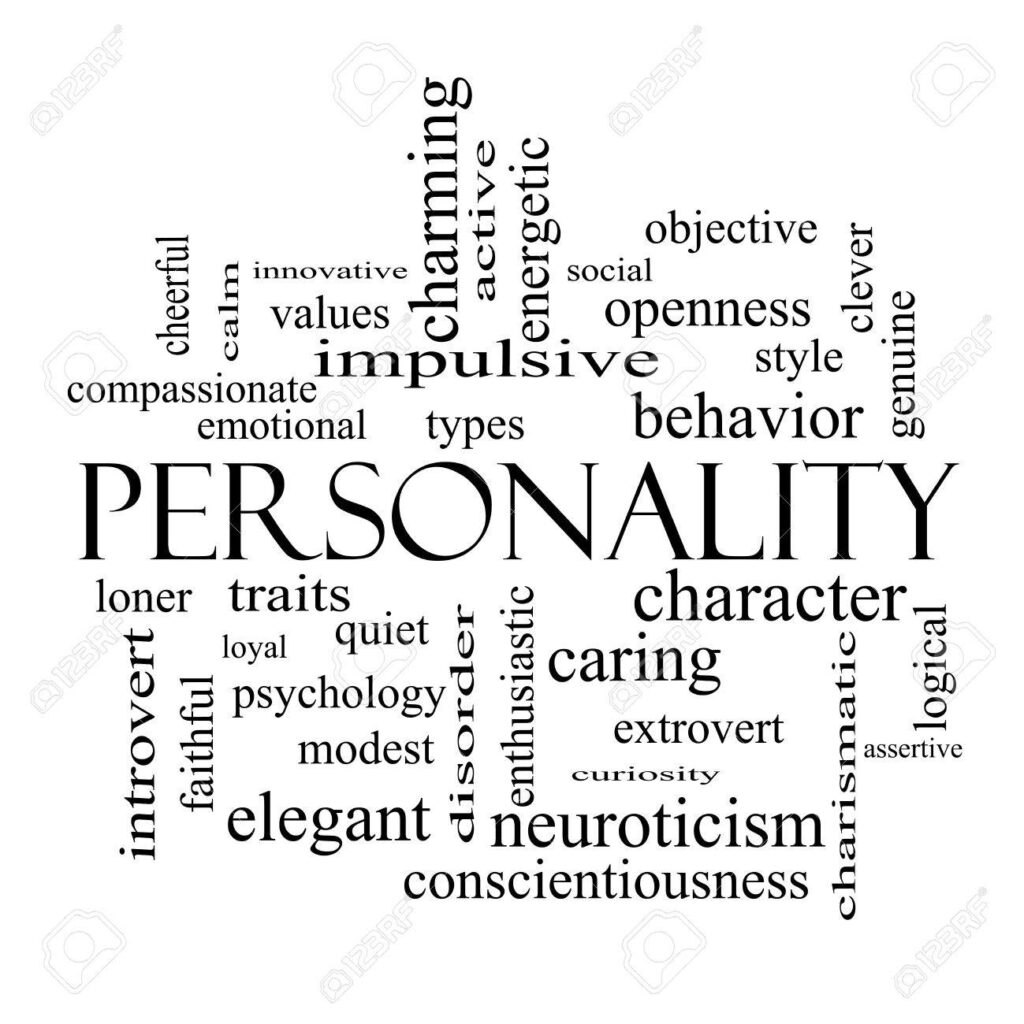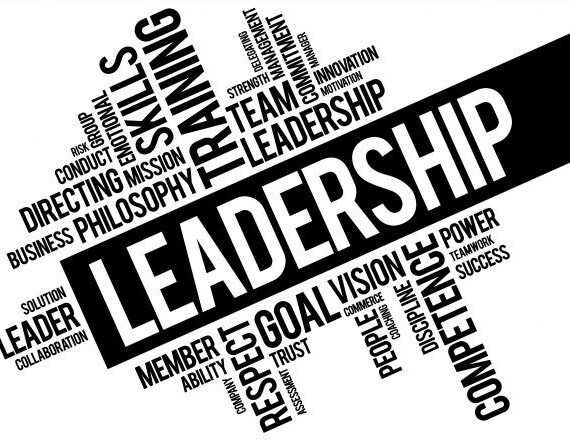PSYCHOLOGICAL TREATMENT : NURTURING POSITIVE ATTITUDES
When it comes to getting the most out of psychological treatment, your attitude and mindset can have a profound impact on the process and outcomes. The way you approach therapy can either facilitate or hinder your progress and overall experience.



POSITIVE THINKING
Positive thinking is a cornerstone of effective psychological treatment. When you approach therapy with an optimistic, hopeful mindset, you create the conditions for meaningful progress. Cultivate a belief in your ability to overcome challenges and make positive changes.
- Reframe setbacks as opportunities for learning and growth, rather than failures.Celebrate small wins and maintain a solutions-focused perspective.
- Engage actively in the process, collaborating closely with your therapist to identify and reinforce patterns of healthy thinking and behavior. This mindset can help you stay motivated, build resilience, and unlock your full potential for personal transformation.
- Remember, your thoughts have a profound impact on your emotions, actions, and overall well-being. Embrace the power of positive thinking to get the most out of your psychological treatment.
ADJUSTMENT PROBLEMS
Navigating adjustment problems is a common challenge in psychological treatment. When faced with significant life changes, transitions, or stressors, it’s natural to experience a period of disruption and discomfort. However, with the right support and strategies, you can learn to adapt and thrive.In therapy,
- Your clinician will work with you to identify the specific factors contributing to your adjustment difficulties.
- This may involve exploring your coping mechanisms, thought patterns, and emotional responses.
- Together, you’ll develop a personalized plan to build resilience and foster a smoother adjustment process.Key elements of effective adjustment treatment often include developing stress management techniques, cultivating social support, and reframing unhelpful beliefs.
- Your therapist may also guide you in gradually exposing yourself to new situations, fostering a sense of mastery and control.
- With time and dedicated practice, you can learn to navigate life’s changes with greater ease and flexibility.
- Remember, adjustment problems are a common part of the human experienceWith the right support, you can emerge from this period of transition stronger and more self-aware.
PERSONALITY AND BEHAVIOUR DEVELOPMENT
Personality and behavior development treatment in psychological therapy focuses on enhancing individuals’ emotional and interpersonal well-being.However, with the right support and strategies, you can learn to adapt and thrive in.
- Through personalized psychological assessments, cognitive-behavioral therapy, and mindfulness practices, individuals can cultivate healthier coping strategies, regulate their emotions, and improve their social skills.
- Positive psychology interventions and behavior modification techniques also play a crucial role in promoting optimism and replacing maladaptive behaviors with positive alternatives.
- Additionally, lifestyle changes such as regular exercise and balanced nutrition can significantly impact mood and energy levels.
- By integrating these approaches, individuals can work towards developing a more resilient and balanced personality, leading to improved overall quality of life and well-being.
LEADERSHIP DEVELOPMENT
Leadership development treatment in psychological therapy focuses on enhancing individuals’ leadership skills and capabilities.However, with the right support and strategies, you can learn to adapt and thrive in.
- Through cognitive-behavioral techniques, individuals can identify and address limiting beliefs and behaviors that may impede their leadership potential.
- Strategies such as self-awareness exercises, emotional intelligence training, and communication skills development are crucial in cultivating effective leadership qualities.
- Additionally, goal setting, feedback mechanisms, and conflict resolution training play a vital role in honing leadership abilities. By fostering a growth mindset and promoting a strong sense of self-confidence, individuals can enhance their leadership presence and influence.
- Psychological therapy provides a supportive environment for individuals to explore and enhance their leadership skills, leading to increased effectiveness and success in various leadership roles.
DE-ADDICTIONS / GADGET MANAGEMENT
De-addiction and gadget management treatment in psychological therapy focus on addressing problematic behaviors related to excessive use of gadgets and addictive substances.
- Through personalized interventions, individuals can gain insight into the underlying psychological factors contributing to addictive behaviors.
- Cognitive-behavioral therapy, mindfulness practices, and addiction education play a pivotal role in helping individuals develop healthier coping mechanisms, manage cravings, and improve self-regulation.
- Additionally, creating a supportive environment, setting boundaries, and enhancing self-esteem are essential aspects of treatment. Therapy also promotes the development of alternative, fulfilling activities to reduce reliance on gadgets and addictive substances.
- By instilling behavioral changes and building resilience, individuals can mitigate the negative impact of addiction, leading to improved mental well-being and a balanced lifestyle.
